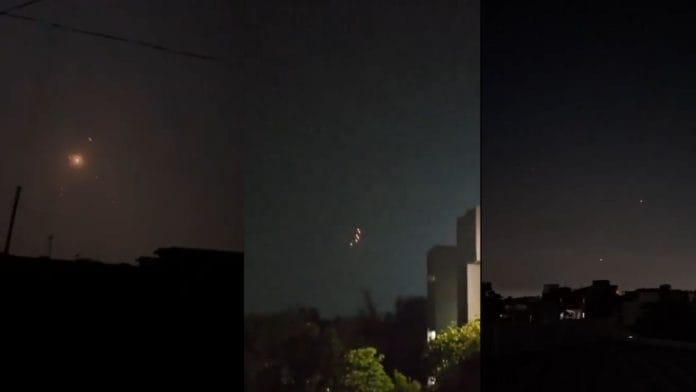The Pahalgam terror attack, which brutally ended the lives of 26 tourists—25 Indians and one Nepali—was not just a heinous act of violence. It was a gut punch to the soul of Kashmir and a painful reminder that peace, in our region, is still a fragile illusion. The Resistance Front or TRF, believed to be a shadow arm of Lashkar-e-Taiba, claimed responsibility—then cowardly retracted. But the damage had been done.
India’s response was swift and precise. On 7 May, the Indian Air Force executed Operation Sindoor, striking nine terror camps deep within Pakistan and Pakistan Occupied Kashmir. Within just 25 minutes, India’s fighter jets carried out what officials described as a targeted decimation of Pakistan’s “complex terror infrastructure”.
From my home in Jammu, I could feel the aftershocks—not just of the political kind, but the literal reverberations of retaliatory shelling. The sky over the border isn’t quiet anymore. It buzzes with the sound of enemy drones, and sometimes, intercepting missiles. In places like Rajouri, Uri, and Poonch, the nights are broken by red alerts and the rattle of fear.
Also read: Pahalgam justice isn’t about deaths or strikes. It’s in 2 women, 2 uniforms, 2 identities
Kashmir isn’t a chessboard
Indian forces have intercepted numerous drones and missile attacks since the air strikes. The terror hasn’t been restricted to the Line of Control—it’s moved closer to homes, schools, and marketplaces. Our airports were briefly shut, and airspace was locked down. Diplomatic ties have been severed and trade halted. Even the Indus Waters Treaty, long seen as a beacon of uneasy peace, has been suspended.
Yet amid this chaos, life in Jammu persists—tense, bruised, but unbeaten. Children still go to play, carrying more fear than excitement. Farmers tend to the fields they no longer trust. And mothers sleep with one ear open for sirens.
What the world must understand is that peace in Kashmir isn’t a matter of ceasefires or ceremonies. It’s about dignity. It’s about security, not as a strategy but as a right. The emotional toll of living under the shadow of drones and denial cannot be overstated. We, the people of Jammu and Kashmir, are not war zones—we are human beings.
Global powers may urge “restraint” and “dialogue”, but they do not hear the shells or see the shrapnel in our soil. Lasting peace will only come when Pakistan stops exporting terror, and when the world stops treating Kashmir as a chessboard.
Until then, we remain suspended between sirens and silence.
Shriya Handoo is a research analyst and spokesperson at the Jammu & Kashmir National Conference. Her X handle is @iamshriyahandoo. Views are personal.
(Edited by Prasanna Bachchhav)






